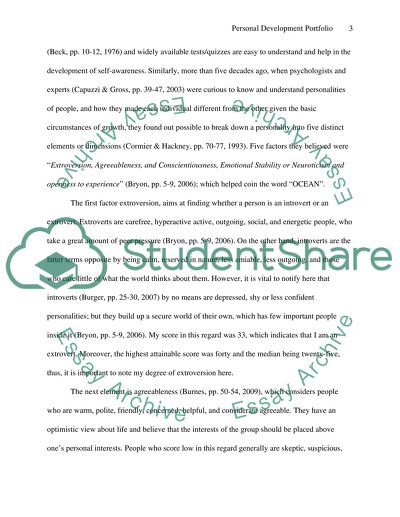Cite this document
(“PDP Essay Example | Topics and Well Written Essays - 2250 words”, n.d.)
Retrieved from https://studentshare.org/miscellaneous/1575013-pdp
Retrieved from https://studentshare.org/miscellaneous/1575013-pdp
(PDP Essay Example | Topics and Well Written Essays - 2250 Words)
https://studentshare.org/miscellaneous/1575013-pdp.
https://studentshare.org/miscellaneous/1575013-pdp.
“PDP Essay Example | Topics and Well Written Essays - 2250 Words”, n.d. https://studentshare.org/miscellaneous/1575013-pdp.


